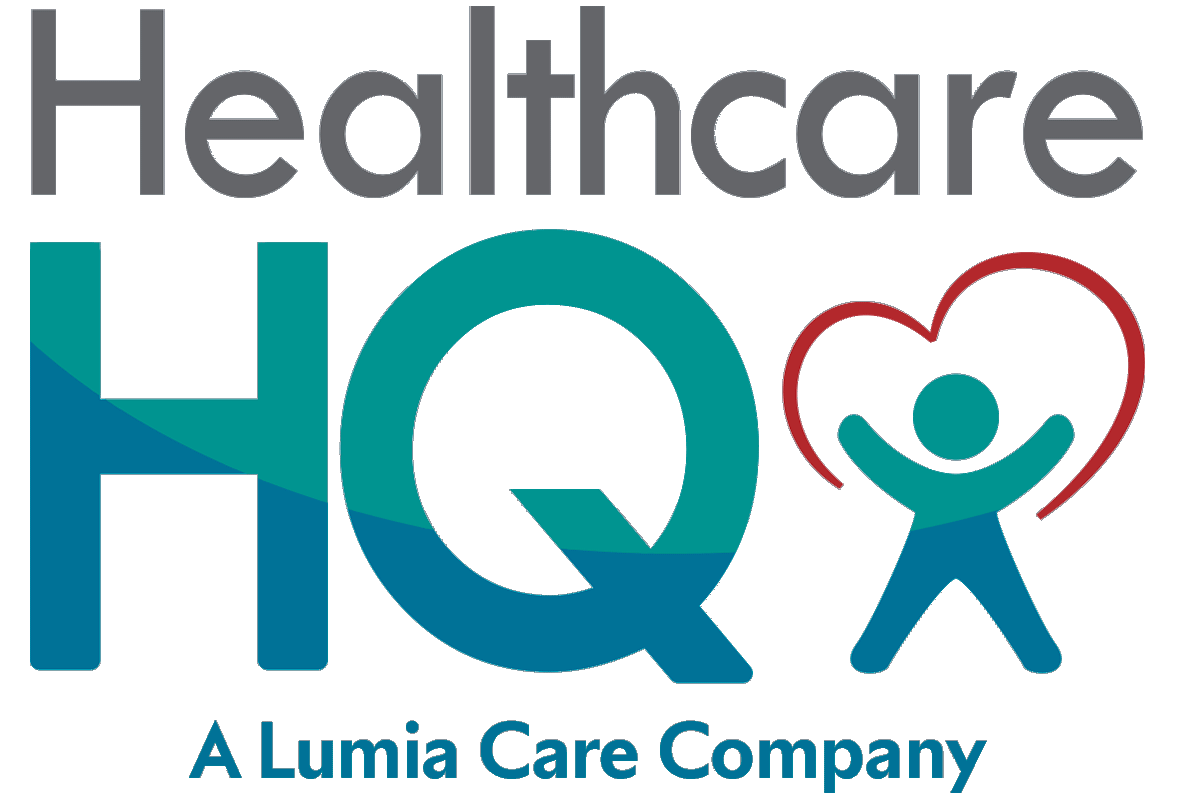Written by: Melanie Wong
Burnout. It’s not an unusual phrase thrown around the workplace so it can seem commonplace, but burnout isn’t something to be taken lightly. It’s not just stress relating to work or having a bad day (though both may apply during burnout). It’s a physical and emotional exhaustion, affecting motivation, commitment, and performance at work. But it’s not the loss of productivity that makes it so bad – it’s the way it impacts on both individuals’ professional and personal lives.
2020 has been a tough year for everyone, but especially for those healthcare workers on the front line fighting against the spread of COVID-19. In an industry where burnout rates are already disproportionately high, nurses are struggling with burnout more than ever.
What exactly is burnout?
Burnout can manifest in any number of ways. It can include loss of motivation at work, emotional exhaustion and depersonalisation or emotional distancing from work, through unprofessional, negative, callous or unempathetic behaviour. There are both physical and emotional symptoms of burnout, both of which can have an equally negative impact on your life.
Physical impacts include:
- Feeling exhausted and struggling to stop work even when exhausted
- Increased risk of health issues
- Isolation from work and friends
- Increased errors
Emotional impacts include:
- Feeling overwhelmed
- Prone to becoming easily agitated or irritated
- Losing passion for your job
- Feeling cynical and detached
- Blaming others or becoming self-blaming
- Sense of hopelessness
- Depression, anxiety, loneliness
What causes it?
Burnout can be a result of anything from lack of support, poor communication in the workplace, overworking, and disillusionment with your job. In the nursing industry specifically, these causes are exacerbated by dangerous working environments, having to work in multiple roles and working overtime due to staff shortages, as well as the physical pain of working long hours and being responsible for providing high-level care.
Other factors that may lead to burnout can be more personal, such as poor sleep, perfectionist tendencies, lack of support systems outside of work, and self-criticism.
Nurses have been the most trusted profession for decades, but this level of responsibility means that nurses often put their patients and others before themselves. The stress on the healthcare industry has not abated nine months after COVID-19 first landed in Australia and it’s important for nurses to prioritise their own health and wellbeing as well.
Ways to prevent burnout
- Know your limits and learn to stop
Knowing exactly where your boundaries are is hard enough, let alone enforcing them. This includes identifying triggers and signs that you might need a break. As the saying goes, practise makes perfect – at first, it’s not going to be easy telling people you can’t take that shift or you need the day off. But as with everything, it’ll get easier over time and you’ll thank yourself for it later.
- Meditation and breathing
Working in the health industry comes with unexpected situations that may escalate. In those times, try to keep a clear head through breathing exercises. This may become easier if you practise meditation regularly.
- Me time
If you need a day off, take a day off and stick to it. Sometimes, it feels like your days off are the only time to catch-up with friends and family, but it’s also crucial to take some time to yourself. Do whatever feels best at the time, whether that’s a bubble bath, changing your sheets, going for a run, or watching your favourite movie with a glass of wine.
- Know your support networks
This applies to both your professional and personal life. While it’s important to have mentors and colleagues in your workplace who you can trust and work well with, you need to maintain those relationships outside of work too, if for nothing else than to vent about work over dinner with a friend. Once you know who you can trust to be there for you, all that’s left to do is reach out.








